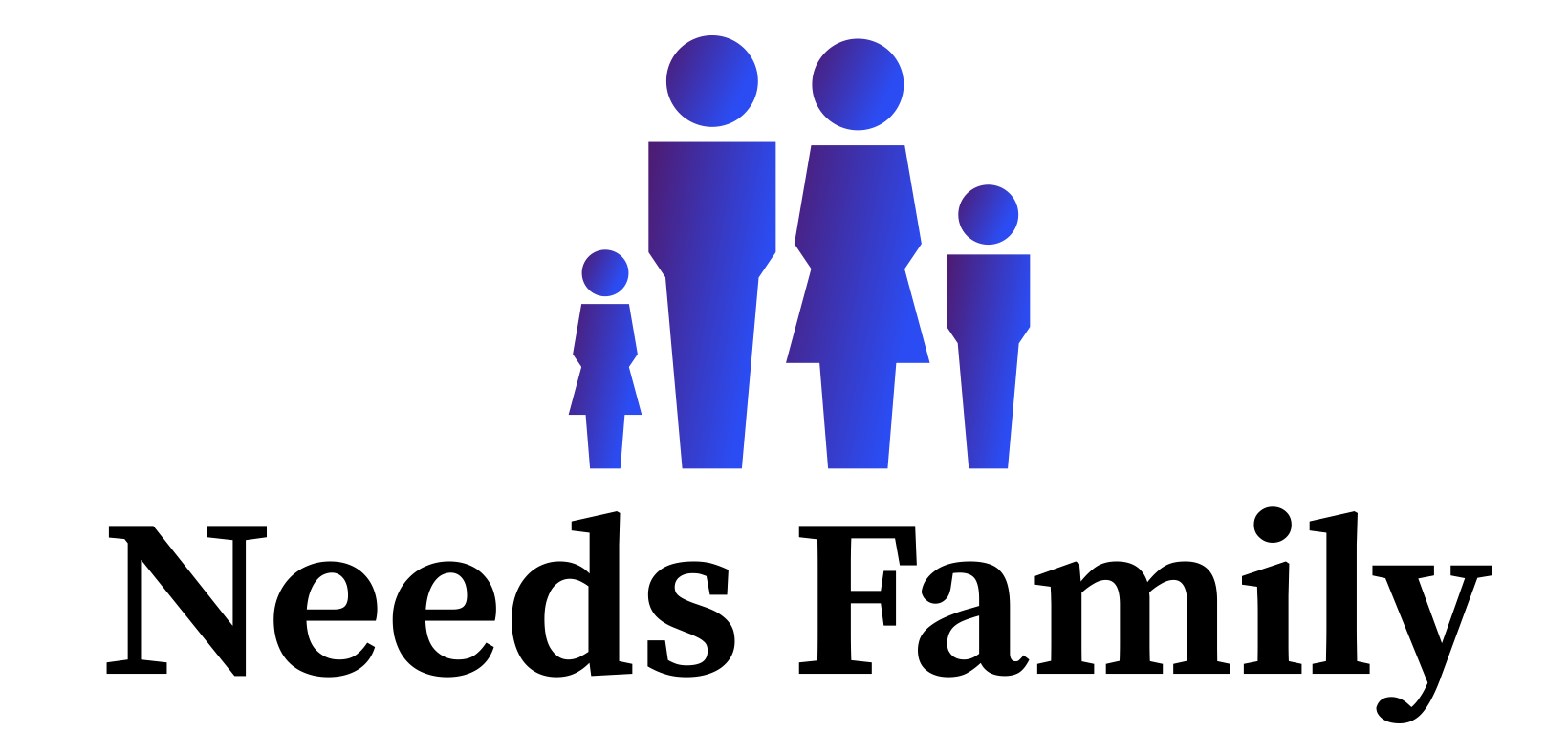Welcome, dear readers, to a journey of hope, progress, and empowerment in the world of autism intervention. Today, we delve into the profound impact of Applied Behavior Analysis (ABA) therapy center on the lives of autistic children and adolescents, unraveling the myriad benefits that this evidence-based intervention offers in fostering communication skills, enhancing independence, and nurturing personal growth. Join us as we explore the wonders of ABA therapy and the boundless possibilities it holds for individuals on the autism spectrum and their families.
Understanding ABA Therapy: A Beacon of Hope for Autism Intervention
At its core, ABA therapy is a structured, data-driven approach that seeks to understand and modify behavior patterns through positive reinforcement, prompting, and repetition. Grounded in the principles of behaviorism, ABA therapy aims to teach new skills, reduce maladaptive behaviors, and promote independence by breaking down complex tasks into manageable steps and systematically reinforcing desired behaviors.
Improving Communication Skills Through ABA Therapy
Communication lies at the heart of human connection, yet for many autistic children and adolescents, verbal and non-verbal communication can pose significant challenges. ABA therapy serves as a catalyst for unlocking the potential of communication by teaching language skills, improving expressive and receptive communication abilities, and fostering social interaction through structured teaching methods, such as discrete trial training and naturalistic teaching strategies. By providing targeted interventions tailored to each individual’s needs and abilities, ABA therapy empowers autistic individuals to express themselves more effectively, connect with others, and navigate social interactions with confidence and ease.
Promoting Independence and Life Skills Mastery
Independence is the cornerstone of self-esteem, autonomy, and personal fulfillment. ABA therapy equips autistic children and adolescents with the skills, strategies, and confidence they need to lead independent and fulfilling lives. Through targeted interventions and systematic reinforcement, ABA therapy teaches essential life skills, such as self-care, time management, and problem-solving, empowering individuals to navigate daily tasks and challenges with greater autonomy and confidence. Whether it’s mastering household chores, navigating public transportation, or engaging in leisure activities, ABA therapy provides the tools and support needed to promote independence and self-sufficiency across various domains of life.
Enhancing Social Skills and Peer Interactions
For many autistic children and adolescents, navigating social interactions can be daunting and overwhelming. ABA therapy provides a structured and supportive environment for learning and practicing essential social skills, such as turn-taking, sharing, and understanding social cues. Through role-playing, social stories, and peer modeling, individuals learn to navigate social situations with confidence, empathy, and grace, paving the way for meaningful connections and friendships. By fostering a sense of belonging and acceptance, ABA therapy promotes social integration and enhances quality of life for individuals on the autism spectrum.
Reducing Maladaptive Behaviors and Increasing Coping Strategies
ABA therapy targets not only the acquisition of new skills but also the reduction of maladaptive behaviors that may interfere with daily functioning and quality of life. Through functional behavior assessments and individualized intervention plans, ABA therapists identify the underlying causes of problem behaviors and develop strategies to address them effectively. By teaching alternative coping mechanisms, self-regulation strategies, and communication skills, its therapy empowers individuals to manage stress, frustration, and anxiety more effectively, leading to improved emotional well-being and overall quality of life.
Cultivating Independence and Self-Advocacy Skills
As autistic children and adolescents grow and develop, ABA therapy plays a crucial role in fostering independence and self-advocacy skills that are essential for navigating the complexities of adulthood. By teaching self-monitoring, self-evaluation, and self-advocacy skills, its therapy empowers individuals to take charge of their own lives, make informed decisions, and advocate for their needs and preferences in various contexts, such as school, work, and community settings. By instilling a sense of empowerment and self-confidence, its therapy lays the foundation for lifelong success and fulfillment.
Conclusion:
In conclusion, the benefits of ABA therapy for autistic children and adolescents are vast, profound, and transformative. From improving communication skills and promoting independence to fostering social integration and enhancing overall quality of life, its therapy offers a holistic and individualized approach to autism intervention that empowers individuals to reach their fullest potential. So, let us celebrate the remarkable progress and achievements of individuals on the autism spectrum, as we continue to champion the transformative power of its therapy and pave the way for a future of inclusivity, acceptance, and opportunity for all.
